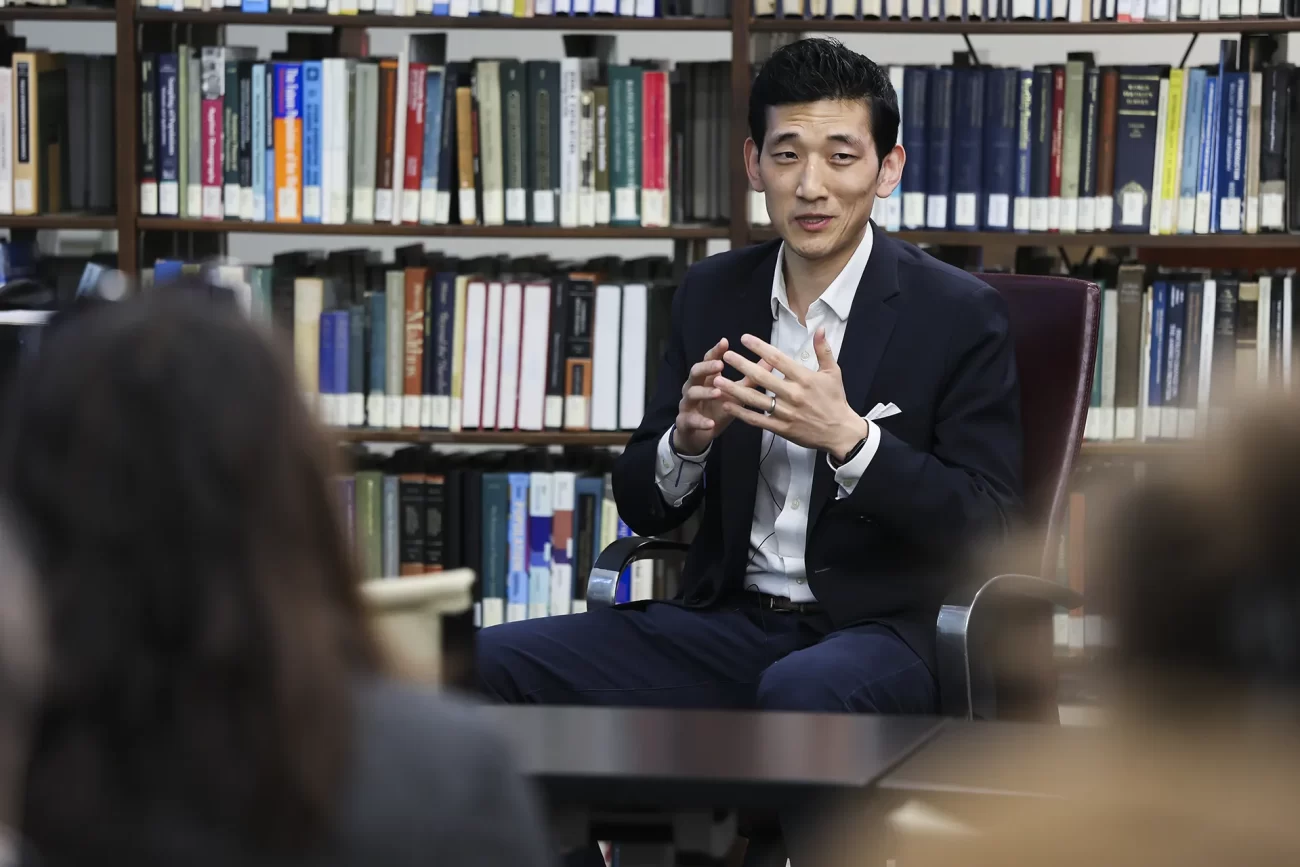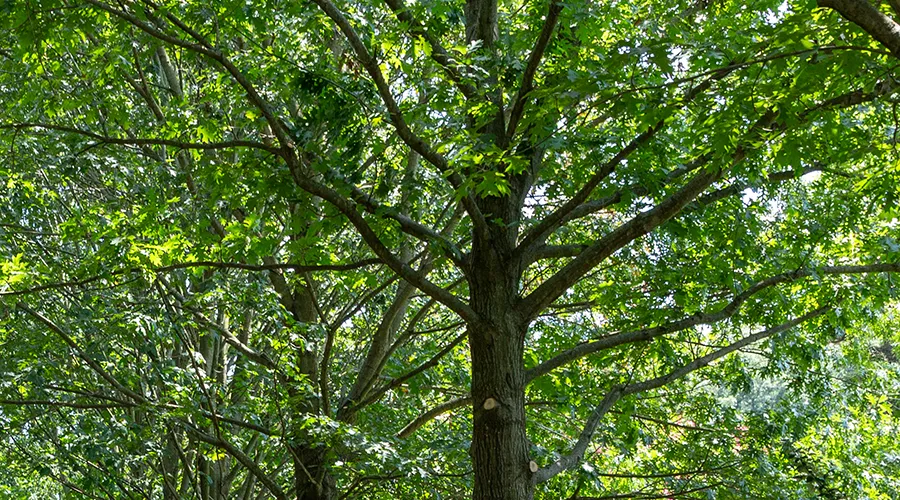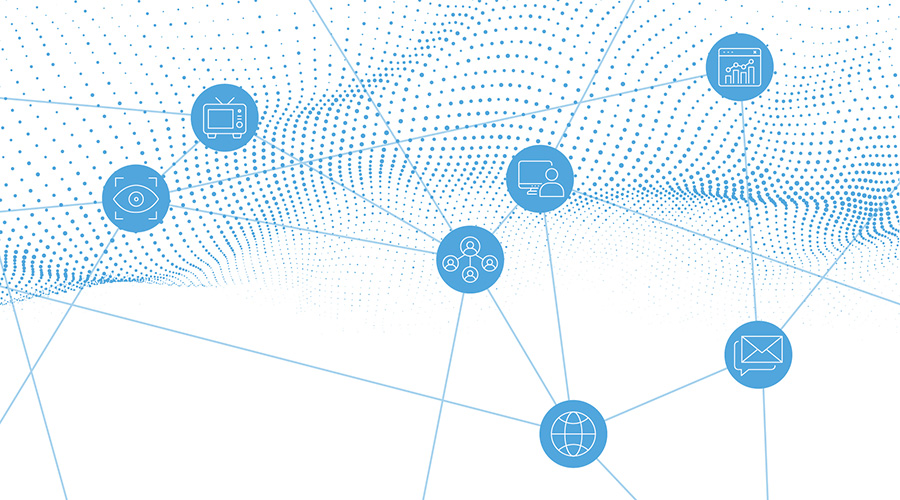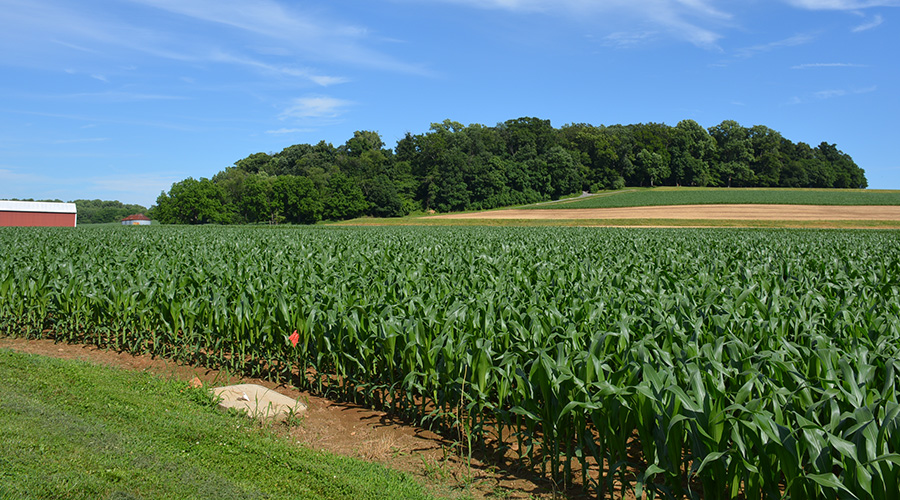Climate change encompasses more than catastrophic events like severe wildfires, melting polar ice, or rising sea levels. It also affects health, productivity, economic stability, and personal well-being. The devastating wildfires in Los Angeles, which affected people from all socioeconomic backgrounds, are a reminder that nobody is immune.
Building Climate Resilience
The Center for Climate Adaptation and Resilience will confront the human impact of climate change
At Penn, the School of Social Policy & Practice (SP2) is conducting groundbreaking research that is producing innovative, effective solutions for improving climate resiliency. “This work is integral to our mission,” says SP2 Dean Sara S. Bachman. “Social policy and practice are important elements in advancing strategies to mitigate, anticipate, and respond to the human dimensions associated with a changing climate.”
Launching the Center for Climate Adaptation and Resilience
A major step forward in this effort is the forthcoming Center for Climate Adaptation and Resilience (CCAR), a key fundraising priority at SP2. Led by Assistant Professor Jisung Park, an environmental and labor economist studying the impact of climate change and policy-driven solutions, CCAR will advance SP2’s mission to drive social change through research and policy. Philanthropic support is essential to launching and sustaining the Center, enabling SP2 to expand its impact, develop innovative solutions, and contribute to interdisciplinary climate work across Penn.

“While reducing emissions is essential, we aren’t nearly as prepared as we need to be for the climate shocks that are already in store,” says Park. “Universities like Penn can—and must—generate actionable insights, research, and leadership to meet this challenge.”
Advancing Strategies for a Changing Climate
What will this look like in the real world? At CCAR, the team plans to address two major areas of work. The first is advancing the science of climate adaptation—digging deeper into what makes a community, institution, or economy resilient to climate change. For instance, extreme heat affects health and productivity differently across populations. Similarly, despite having clear benefits, fire-resistant building materials remain underutilized, even among wealthy homeowners. “We hope to conduct cutting-edge research to better understand these behavioral, economic, and policy-related barriers to adaptation,” says Park.
CCAR places issues of social impact where they belong, right at the center of the endeavor. Ben Franklin would be proud of the effort.”Michael Mann, Vice Provost for Climate Science, Policy, and Action
The second area is turning research into practical use. While most physical and policy infrastructure assumes a stable climate, that is no longer the reality, and organizations worldwide are recognizing the need to adapt. In response, CCAR will become a knowledge hub, providing decision-makers with evidence-based strategies for climate resilience.
A University-Wide Commitment to Climate Solutions
CCAR aligns with the University’s larger focus on finding solutions for the most pressing issues of our time. “I’m delighted to see this new venture move forward,” says Michael Mann, Penn’s inaugural Vice Provost for Climate Science, Policy, and Action. “CCAR bridges three of the four great challenges—climate, health, and democracy—in Penn’s recent strategic framework, In Principle & Practice. And it places issues of social impact where they belong, right at the center of the endeavor. Ben Franklin would be proud of the effort.”
“Climate change is a global challenge that demands collective action, and universities have a critical role to play in helping people make informed, long-term adaptation decisions,” says Park.
Philanthropic support will be crucial in ensuring CCAR can fulfill its mission, Park notes. “We’re looking for a partner to endow the Center and make it sustainable for the long haul.”
To learn more about supporting the Center for Climate Adaptation and Resilience, contact Kristen de Paor, SP2 Associate Dean for Institutional Advancement, via email or at (215) 898-5518.





